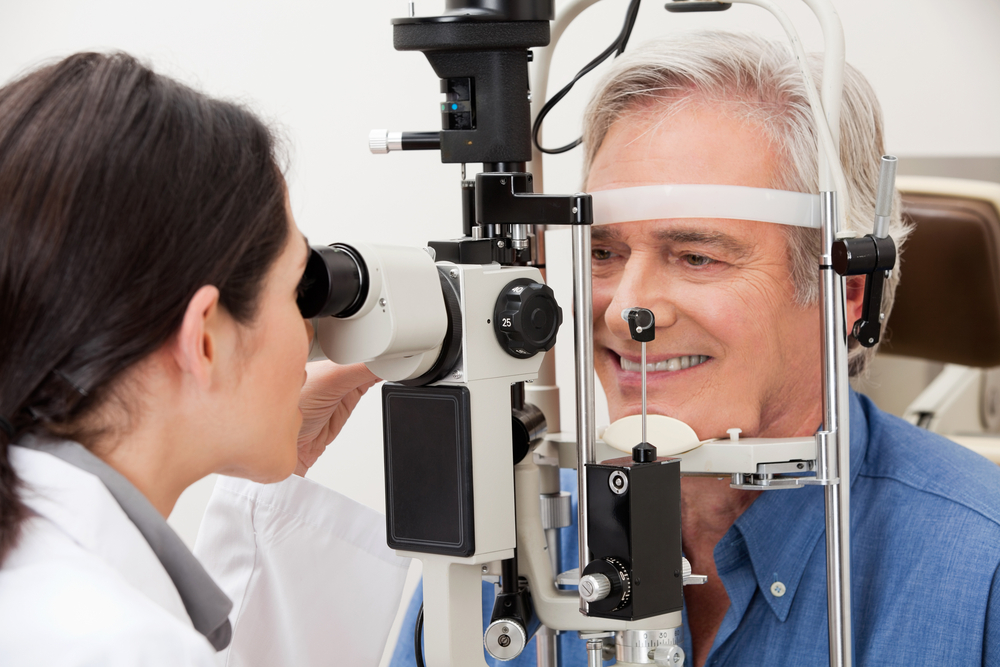
Imagine losing peripheral vision so slowly that you barely notice until you trip over a step you did not see, or suddenly struggle to read a text. Glaucoma works like that. It is called the “silent thief” of sight for a reason. You might not notice problems until it is too late, and there is irreversible damage.
You might wonder why you should get tested if your eyes feel fine. That is the problem. Glaucoma does not announce itself. It progresses quietly, and early detection is the only way to prevent it.
What Is Glaucoma?
Glaucoma is a problem that can damage your eyes. It happens when there is too much pressure inside the eye. It can make people go blind, especially those over 60, but it can happen to anyone, even kids.
There is no cure, and vision loss is not reversible. Yet, treatments can slow or stop further damage if your eye doctor catches the condition early.
Why Waiting for Symptoms Does Not Work
The most common type, open-angle glaucoma, causes no pain or apparent changes at first. You might miss subtle signs, like gradual peripheral vision loss or trouble adjusting to dark rooms.
By the time it affects central vision, up to 40% of nerve fibers could be destroyed. Regular screenings are like insurance for your sight. They detect problems before you do.
How Glaucoma Screening Works
Eye health screenings are quick, painless, and do not hurt. During these tests, the eye doctor will:
- Measure eye pressure.
- Check for damage to the optic nerve using imaging.
- Test your peripheral vision.
- Measure the thickness of your cornea.
These tests help eye doctors keep track of your eye health over time.
Who Needs Screenings, and How Often?
The American Academy of Ophthalmology says people should get their eyes checked regularly:
- If you are 40 to 54 years old and healthy, see an eye doctor every two to four years.
- If you are 55 or older or have health issues like diabetes, see an eye doctor every one to two years.
Some groups, including people of African and Hispanic descent, might need to have eye checks more often because they have higher chances of getting glaucoma.
What Happens If Tests Detect Glaucoma
Finding out you have an eye problem does not mean you will go blind. There are ways to help. You can use special eye drops to lower pressure in your eyes or get laser treatment to help fluid drain. If the problem is really bad, there is surgery to help.
These treatments will not help you see better if you have lost vision, but they can stop more damage. It is best to start treatment early.
The Cost of Skipping Screenings
Glaucoma can make people go blind if they do not get checked. Most insurance helps pay for eye exams, especially for at-risk people. There are also programs to help pay for exams for people without insurance.
No one regrets catching glaucoma early. But many regret waiting. A screening will do more than protect your eyes. It will ease the mental burden of wondering, “What if?” You do not have to face this alone. Eye doctors specialize in personalized care, not judgment.
For more information on glaucoma screening, visit Jackson Eye at our Fairburn, Georgia, office. Call (770)629-4351 to schedule an appointment today.
https://www.aao.org/eye-health/diseases/glaucoma-diagnosis
https://www.nei.nih.gov/learn-about-eye-health/eye-conditions-and-diseases/glaucoma







